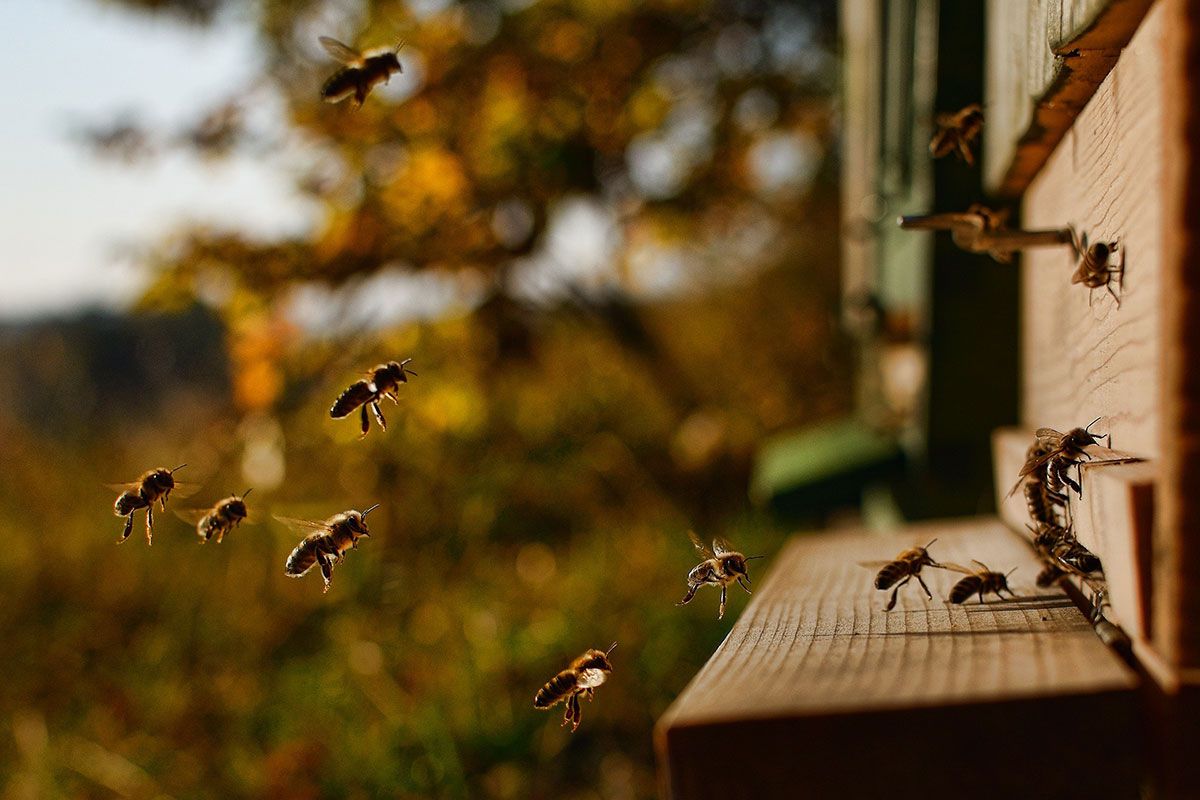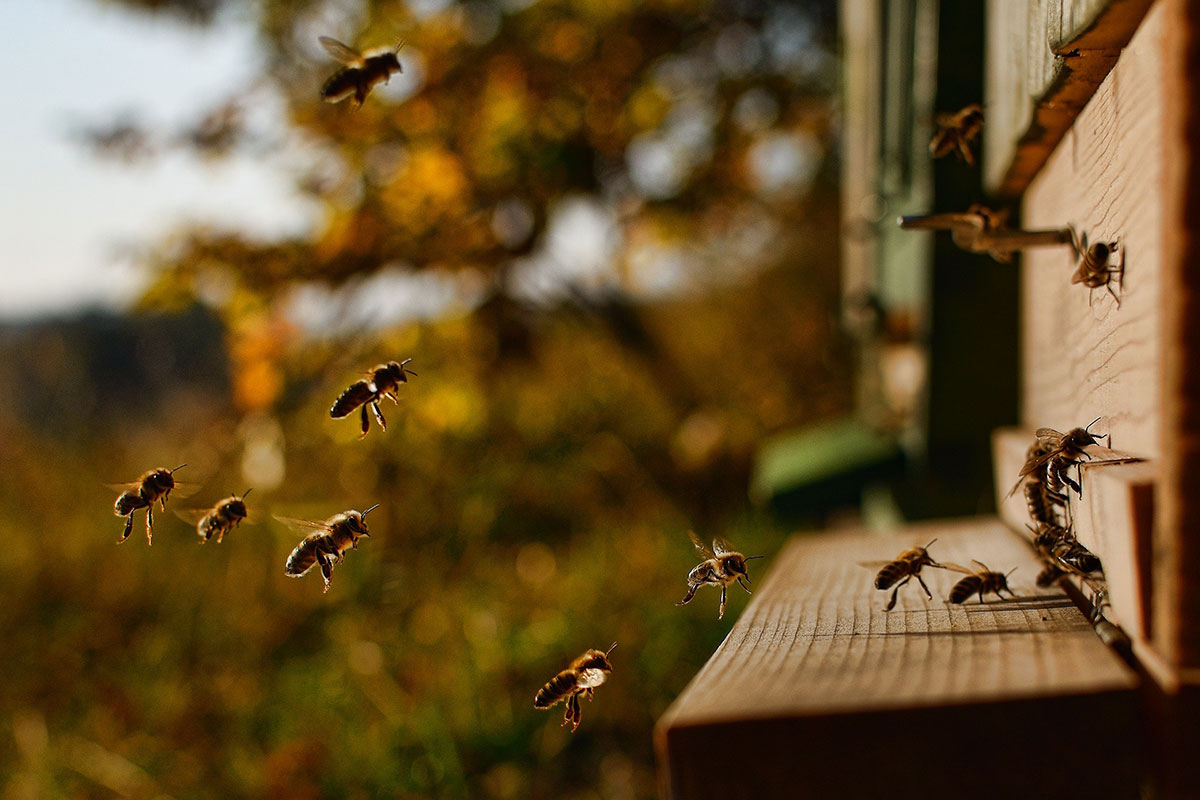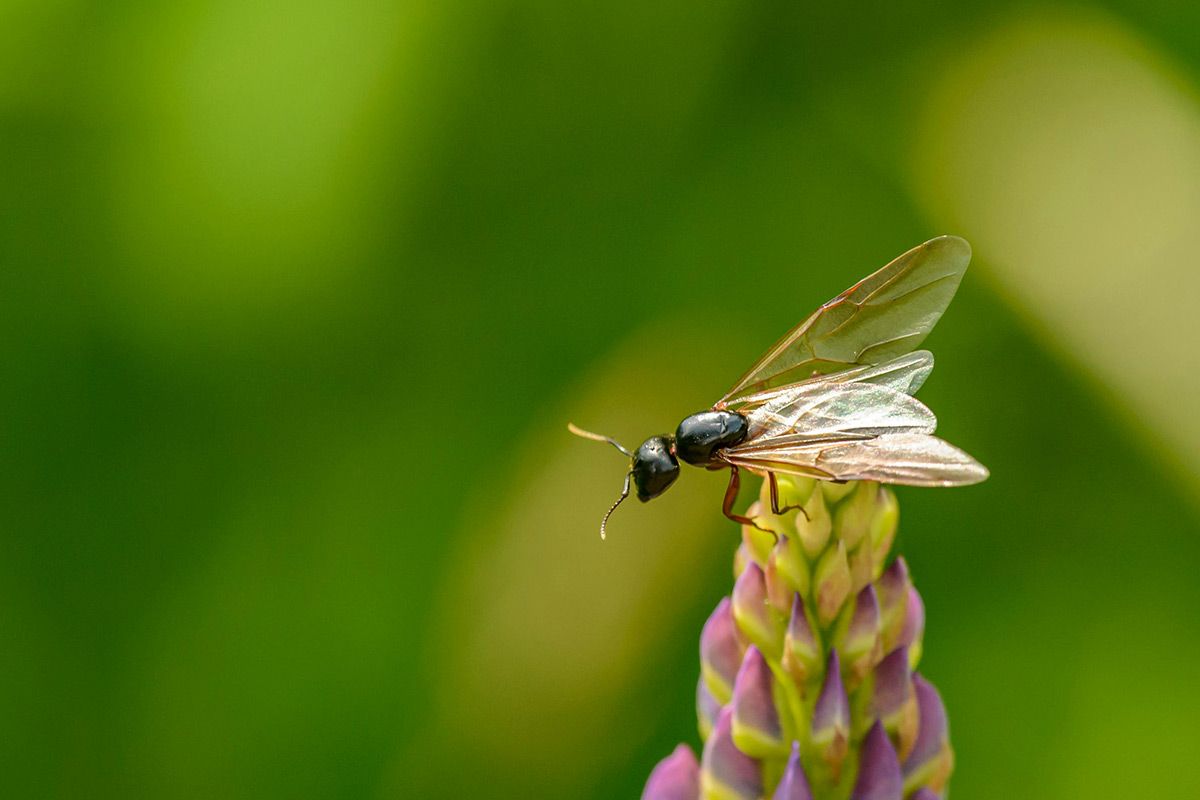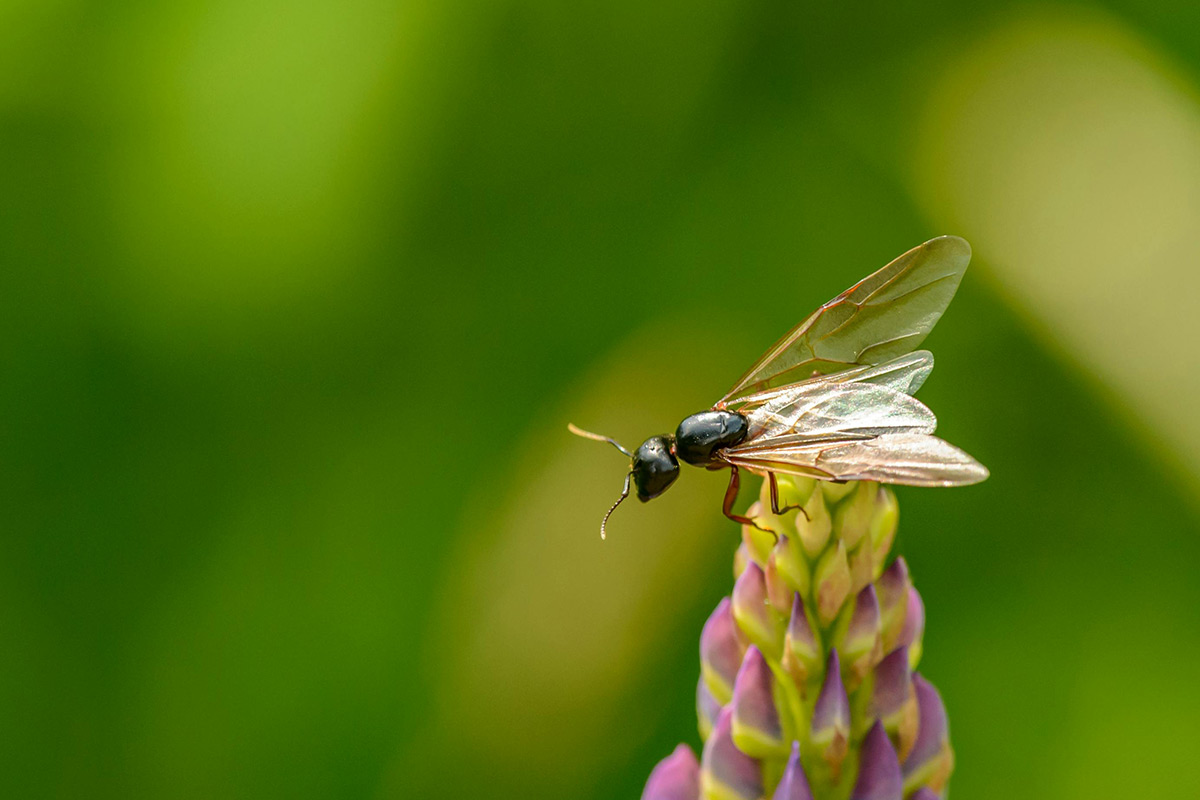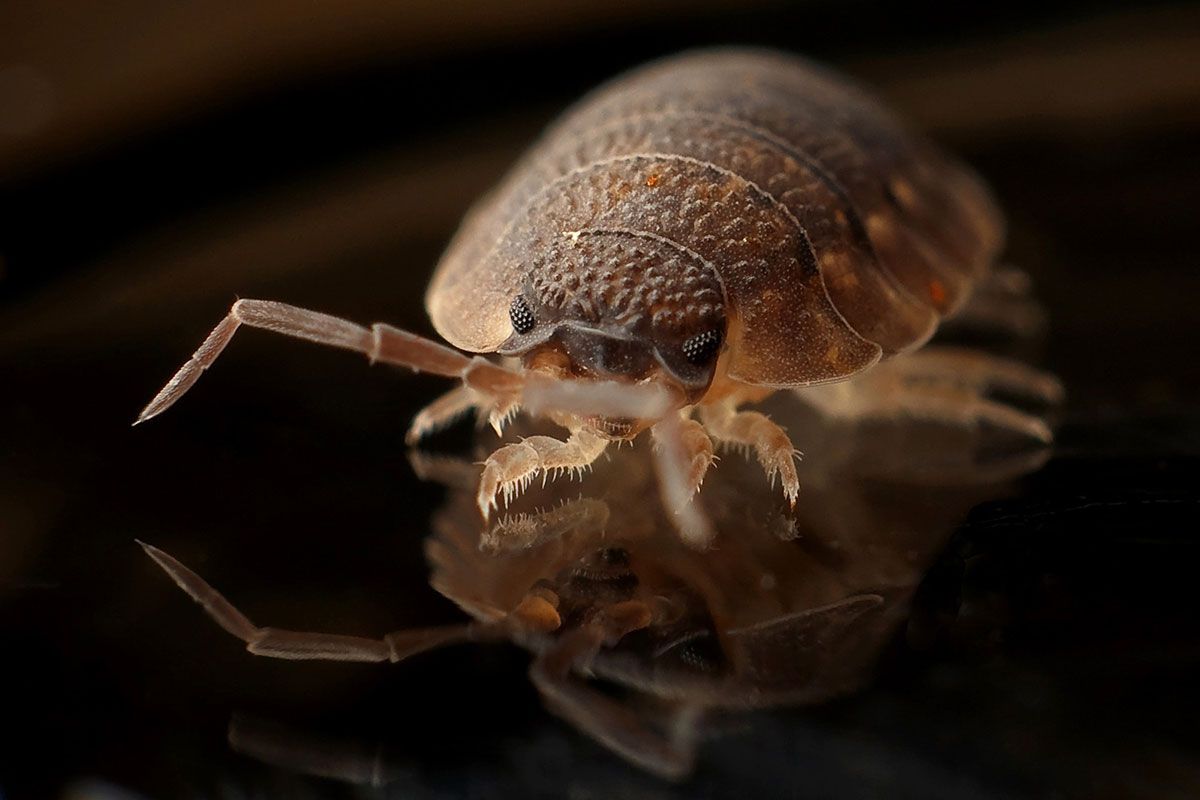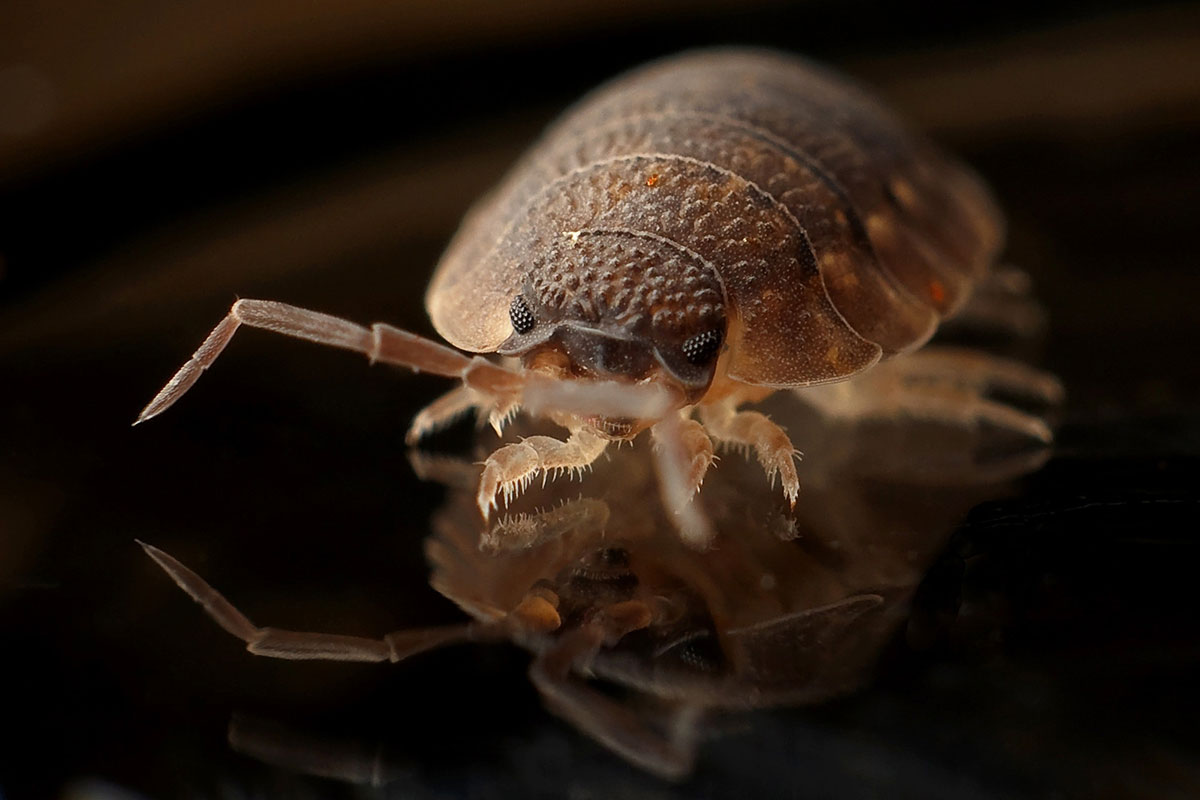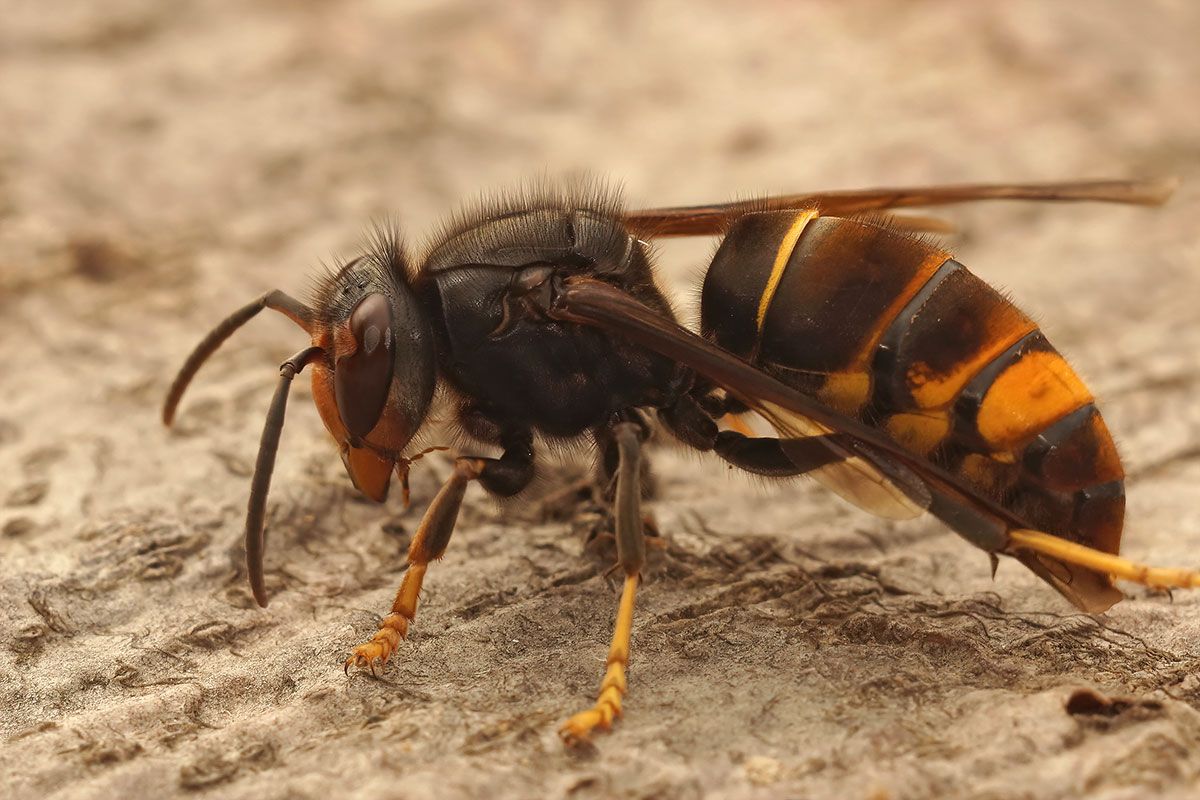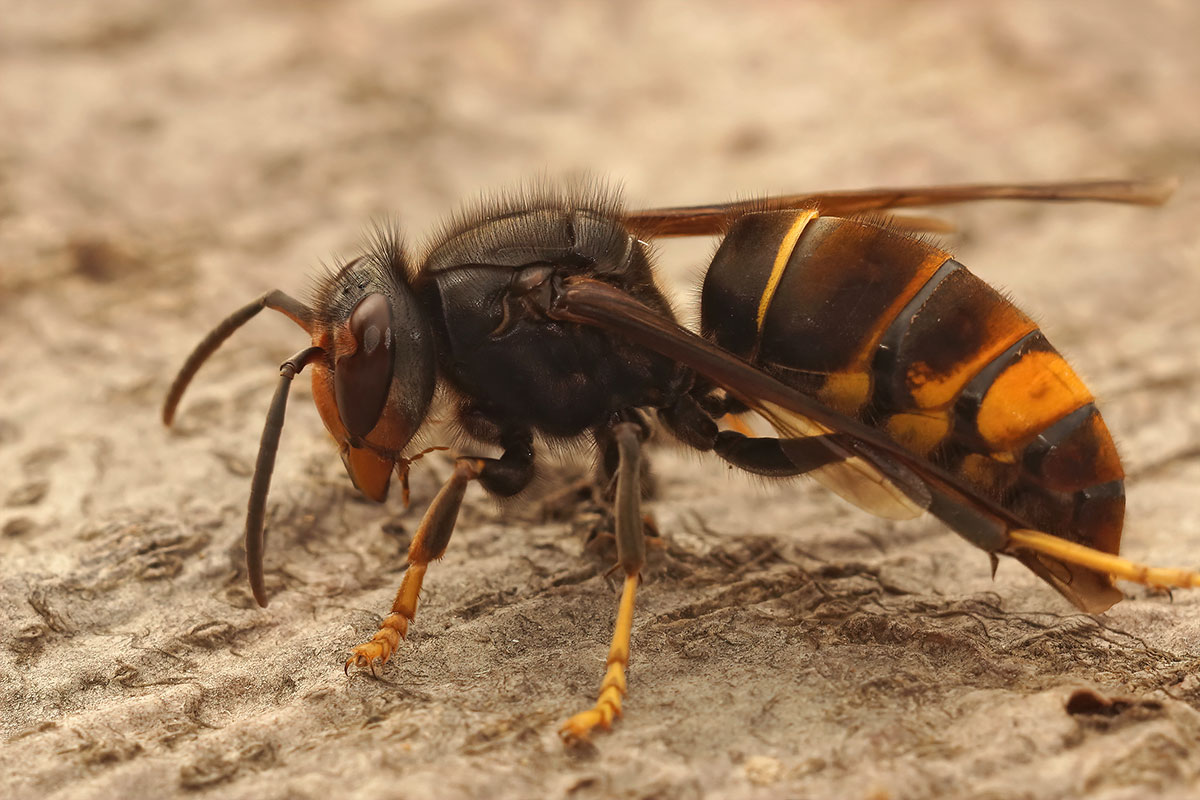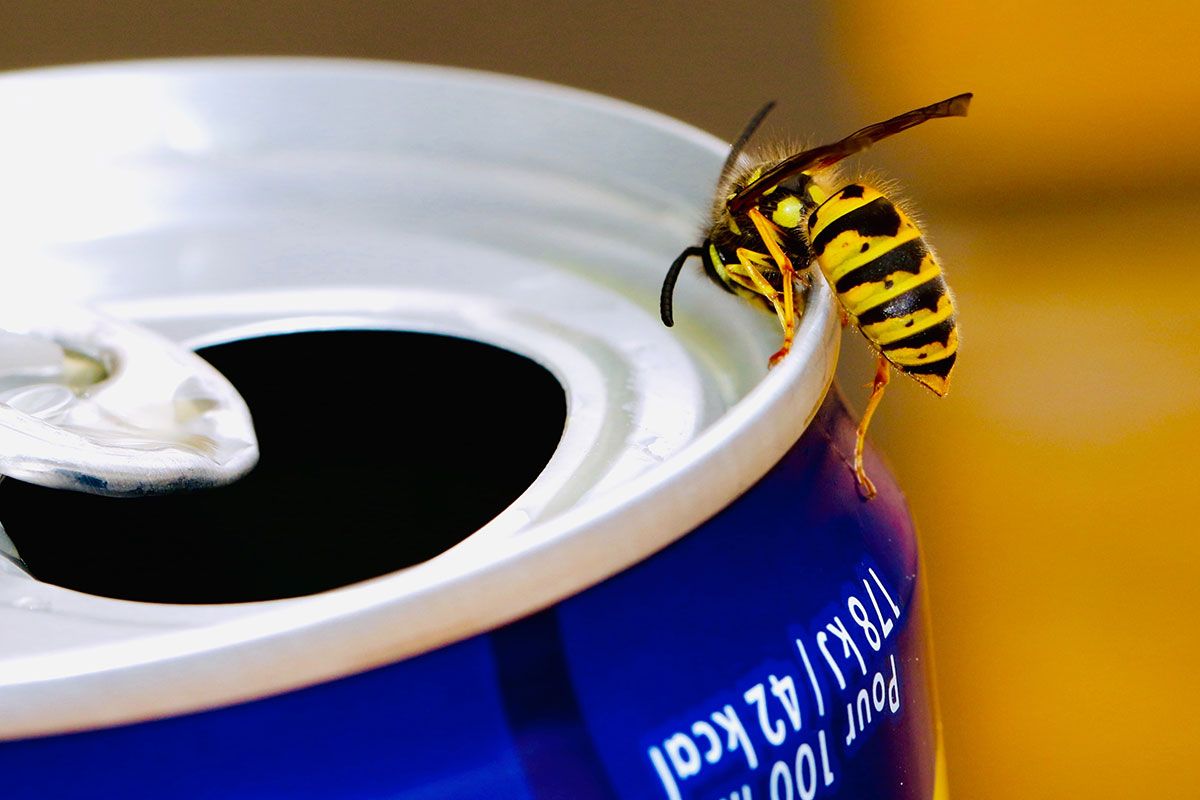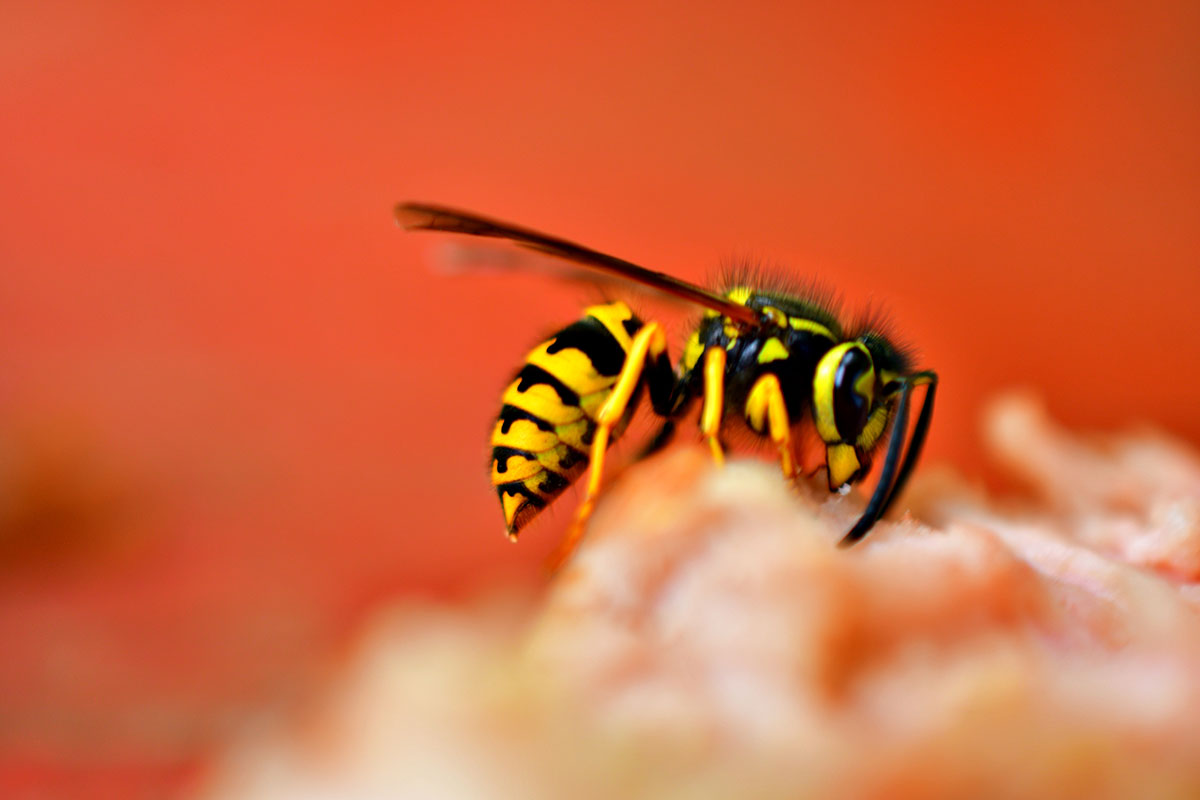Domestic Allergens: The Hidden Health Risk in Your Home this World Allergen Week
Domestic Allergens: The Hidden Health Risk in Your Home this World Allergen Week
Every spring, Emma noticed her son’s eyes start to itch. She blamed it on pollen—after all, hay fever runs in the family. But when his symptoms worsened even after windows were shut and pollen counts dropped, she began to wonder if the real culprit was inside their Dedham home. After a visit to an allergy specialist, she was shocked to learn her son’s biggest triggers weren’t just seasonal—they were domestic allergens embedded in the very fabric of their house: dust mites in the mattress, pet dander clinging to curtains, and mould spores lurking behind the washing machine.

Why Domestic Allergens Matter More Than You Think
During World Allergen Week, the spotlight is rightly cast on how allergens impact day-to-day life—not just outdoors, but within our homes. According to Allergy UK, up to 44% of British adults now suffer from at least one allergy, and indoor allergens are a major contributor. The health effects aren’t limited to sneezing or watery eyes; for some, they can trigger asthma attacks, eczema flare-ups, fatigue, or even sleep disruption.
For homeowners, especially those in North Essex and South Suffolk where older properties are common, domestic allergens can accumulate in unseen spaces: ventilation ducts, poorly sealed cellars, or even plush carpets that haven’t been deep cleaned in years. These allergens don’t just affect people with diagnosed allergies—they can slowly deteriorate air quality for everyone in the household.
What’s Really Hiding in Your Home?
While many people associate allergies with springtime pollen, the year-round dangers of indoor air pollutants and allergens often go unnoticed. Dust mites, for example, thrive in humidity and feed on shed human skin. They’re almost invisible, but can be found in pillows, duvets, and even children’s stuffed toys. Mould spores, which release airborne particles, grow silently in damp corners or behind wallpaper.
According to Public Health England, poor indoor air quality contributes to around 9,000 deaths a year in the UK, with allergens being a key component. Add to that the rise of pets in UK households—62% of homes now own a pet – and it’s clear why domestic allergen management is becoming a growing concern for families across the country.
Tackling Domestic Allergens: What You Can Do
The good news is, you don’t need to rip up floors or replace furniture to make a difference. Routine maintenance, targeted cleaning, and smart home improvements can significantly reduce allergen levels. Key actions include:
-
Using allergen-proof bedding
-
Deep-cleaning carpets and upholstery
-
Ventilating effectively without letting pollutants in
-
Identifying hidden moisture hotspots to prevent mould growth
-
Servicing HVAC systems or extractor fans that may circulate allergens
This is where Infinity Home Services can help. Our experienced team offers home assessments and practical support for identifying allergen trouble zones—from damp remediation to ventilation upgrades. Based locally in North Essex and South Suffolk, we understand the quirks and risks of regional housing stock and provide tailored solutions to improve your home’s air quality and comfort.
With so many allergens hiding in plain sight, homeowners often underestimate the value of a fresh set of eyes and a structured plan. Whether you’re dealing with unexplained symptoms or just want peace of mind, we’re here to help uncover the issues and offer practical ways to breathe easier.
A Safer, Healthier Home Starts with Awareness
World Allergen Week is a timely reminder that the air we breathe indoors matters just as much as what’s outside. While pollen may come and go, domestic allergens stick around—and without action, they can silently undermine your family’s health and wellbeing.
If you suspect your home could be triggering symptoms, or simply want to safeguard your family’s health, now is the time to act. Isn’t it worth finding out what’s really in the air you breathe? Simply call 0800 148 8088, or complete the form below today.



